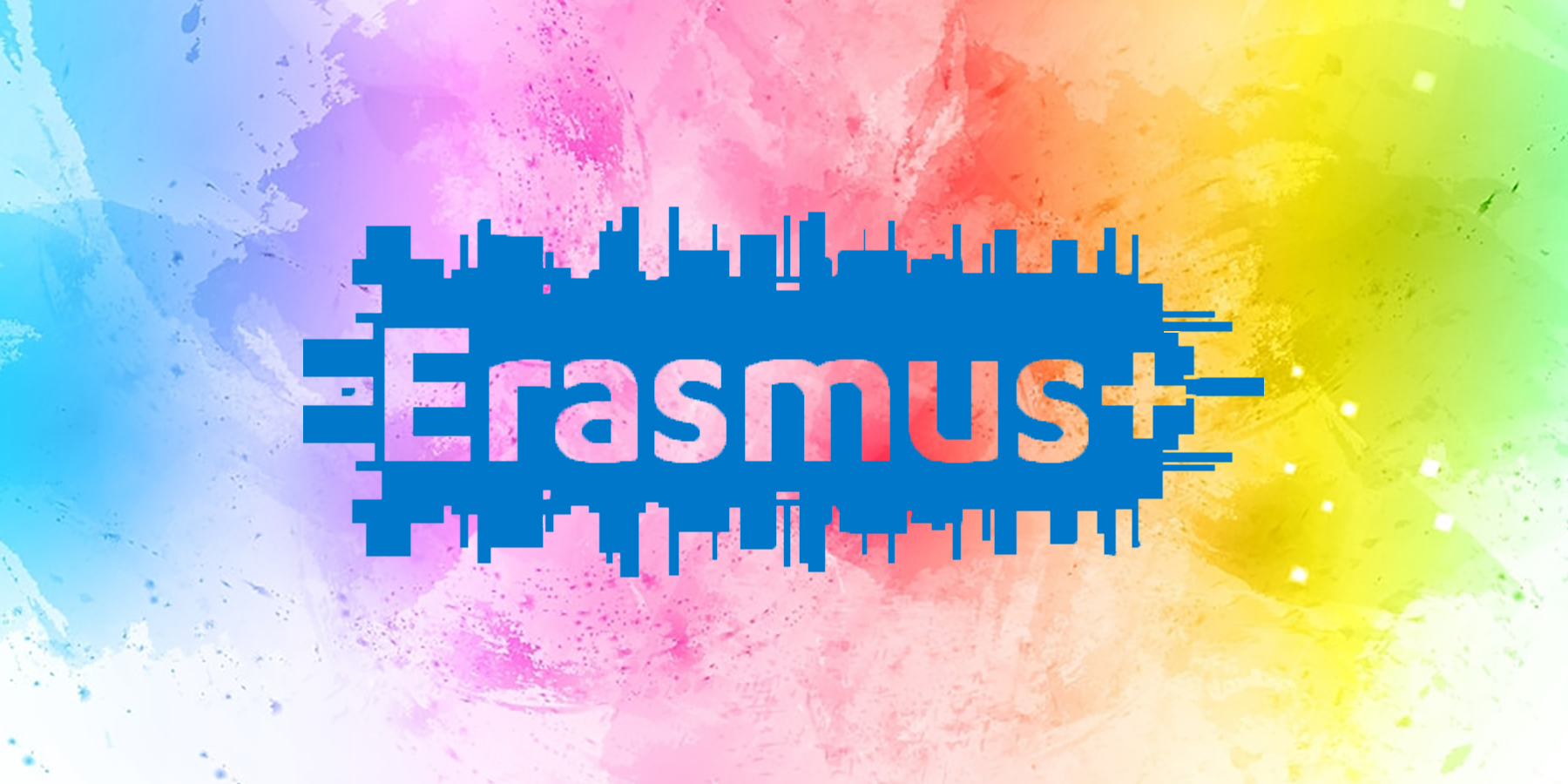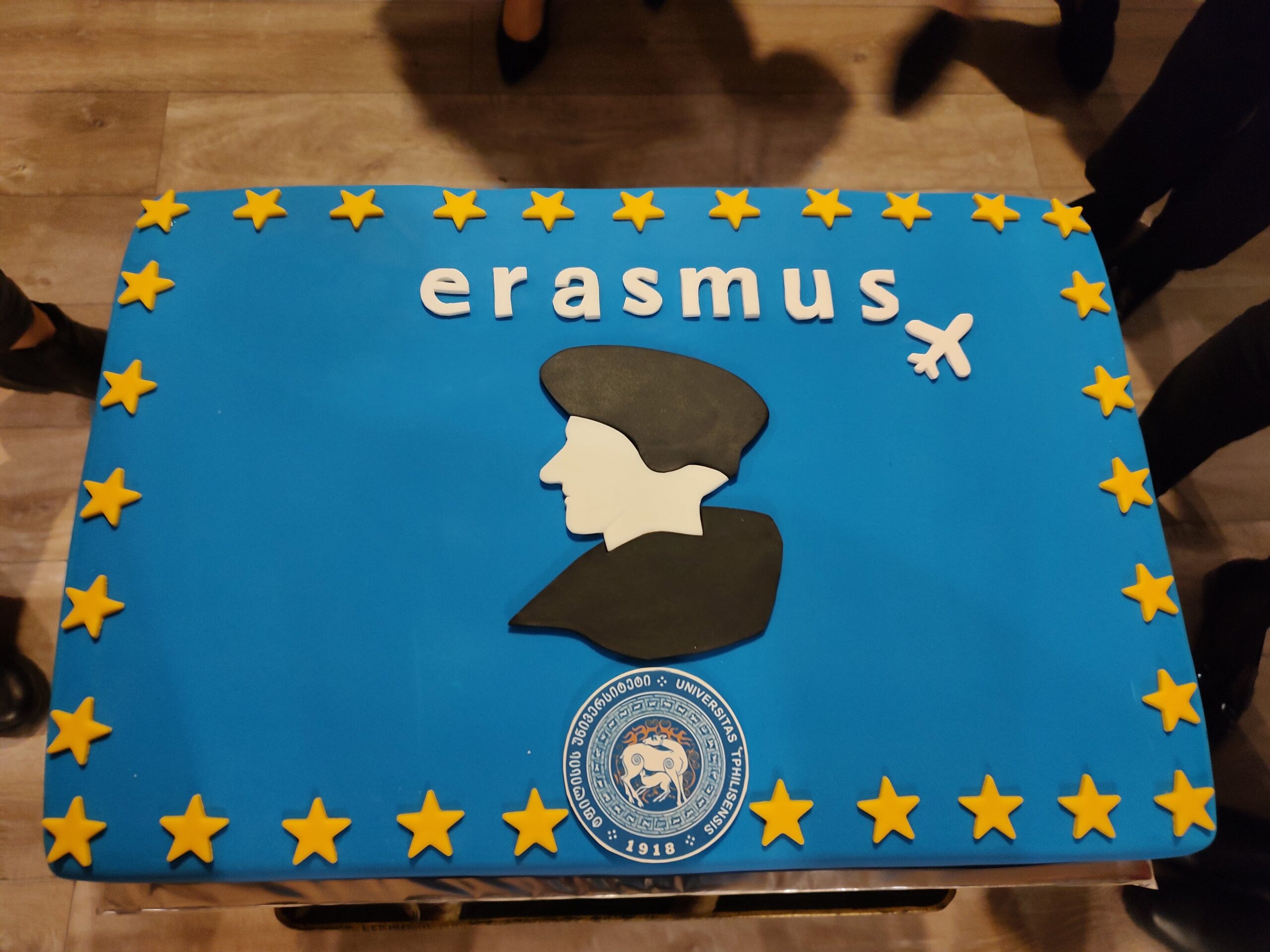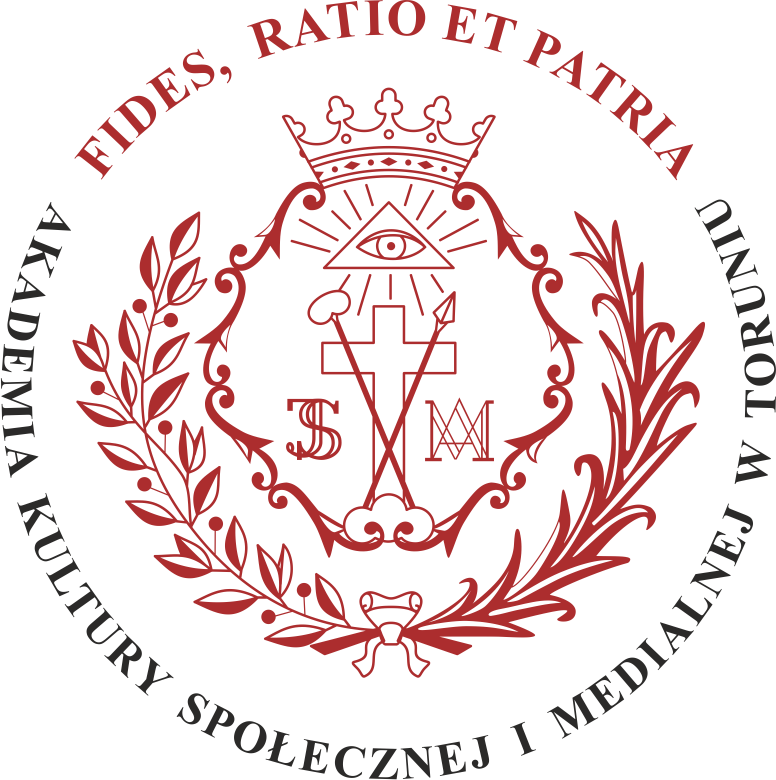Despite the common and main idea of “Erasmus” as an experience full of joy and enjoyed safely, sometimes it can become a hard time for some students. Unfortunately, there are also cases of erasmus students who suffer harassment during their exchange period. In figures, 60% of children and adolescents are victims of harassment. Suicide is the principal cause of youth death, due to mental health which is highly affected by harassment.
Harassment is defined as aggressive pressure or intimidation. There are 3 types: visual, verbal/written and physical. The most common harassment types are bullying, mobbing, sexual, psychological and stalking. New technologies and social networks created new ways of harassment, such as cyberbullying and cyberstalking.
At some point, all of us can become the aggressor or the victim. This conduct has no specific reason: gender, sexual orientation, skin colour, religion, nationality, age or whatever other individual’s characteristics could be the trigger.
Each type has its own stages, but it usually starts with an incident, an act or situation which calls the attention of the aggressor, and stops by the intervention of others (police, boss, family, etc.).
Prevention is the best way to help because we all can create a safe place for those erasmus that belong to our community. We can offer our assistance individually to those students who need it, showing ourselves as a reliable and comprehensive individuals.
Other ways to offer your help is to report any case you become a witness of, if you don’t do it you’re helping the aggressor with your silence; but you can also talk to the accurate department of your university, work office, highschool, etc.; design an action protocol, support those who need it; explain to the others which conducts are considered harassment and so on.
Most Erasmus experiences are amazing, however, it is important not to forget real life and those dangers that threaten international students in their new city. If you are in touch with these students, try to be aware of the signs and help them if they need it. It is possible that you contribute to improve someone’s experience!
—
Erasmus Student Network Cádiz










Greetings from Poland!
It is extremely important that we do not close our eyes to the incidents of harassment.
Victims most often do not report this type of bad behavior. Worse, they accuse themselves very often. They think they are to blame for themselves, and that’s not true.
Such people absolutely need help. Both from the family, teachers, services and peers.
Erasmus +, as well as other academic exchange programs, are meant to bring only good memories.
This is also the responsibility of university discipline spokesmen or deputy deans for student affairs in Poland.
However, it is a job and a calling for all members of the academic community.
Hi,
thank you for this post! Especially the last paragraph is important. Erasmus experience is and always will be something great and new, when the student easily forgets about possible threats … At UJEP we have a course of resilience, how to deal with various new aspects of our journey. But no one will prepare us for possible aggression. Above all, we must learn to prevent this and pay attention to the “little things” that precede any aggression.
… [Trackback]
[…] Info to that Topic: ripec-project.eu/discussion/how-to-help-an-erasmus-student-victim-of-harassment-during-their-mobility/ […]
… [Trackback]
[…] Read More Information here to that Topic: ripec-project.eu/discussion/how-to-help-an-erasmus-student-victim-of-harassment-during-their-mobility/ […]
… [Trackback]
[…] Find More on that Topic: ripec-project.eu/discussion/how-to-help-an-erasmus-student-victim-of-harassment-during-their-mobility/ […]
… [Trackback]
[…] Read More Information here on that Topic: ripec-project.eu/discussion/how-to-help-an-erasmus-student-victim-of-harassment-during-their-mobility/ […]
… [Trackback]
[…] Information on that Topic: ripec-project.eu/discussion/how-to-help-an-erasmus-student-victim-of-harassment-during-their-mobility/ […]
… [Trackback]
[…] Read More Information here on that Topic: ripec-project.eu/discussion/how-to-help-an-erasmus-student-victim-of-harassment-during-their-mobility/ […]
… [Trackback]
[…] Find More here to that Topic: ripec-project.eu/discussion/how-to-help-an-erasmus-student-victim-of-harassment-during-their-mobility/ […]
… [Trackback]
[…] Read More on on that Topic: ripec-project.eu/discussion/how-to-help-an-erasmus-student-victim-of-harassment-during-their-mobility/ […]
… [Trackback]
[…] Find More Info here on that Topic: ripec-project.eu/discussion/how-to-help-an-erasmus-student-victim-of-harassment-during-their-mobility/ […]
… [Trackback]
[…] Find More here to that Topic: ripec-project.eu/discussion/how-to-help-an-erasmus-student-victim-of-harassment-during-their-mobility/ […]
… [Trackback]
[…] Read More on to that Topic: ripec-project.eu/discussion/how-to-help-an-erasmus-student-victim-of-harassment-during-their-mobility/ […]
… [Trackback]
[…] Info on that Topic: ripec-project.eu/discussion/how-to-help-an-erasmus-student-victim-of-harassment-during-their-mobility/ […]
… [Trackback]
[…] There you will find 36076 additional Info to that Topic: ripec-project.eu/discussion/how-to-help-an-erasmus-student-victim-of-harassment-during-their-mobility/ […]
… [Trackback]
[…] Find More on on that Topic: ripec-project.eu/discussion/how-to-help-an-erasmus-student-victim-of-harassment-during-their-mobility/ […]
… [Trackback]
[…] Read More on on that Topic: ripec-project.eu/discussion/how-to-help-an-erasmus-student-victim-of-harassment-during-their-mobility/ […]
… [Trackback]
[…] Here you can find 76677 additional Information on that Topic: ripec-project.eu/discussion/how-to-help-an-erasmus-student-victim-of-harassment-during-their-mobility/ […]
… [Trackback]
[…] There you will find 55863 additional Info to that Topic: ripec-project.eu/discussion/how-to-help-an-erasmus-student-victim-of-harassment-during-their-mobility/ […]